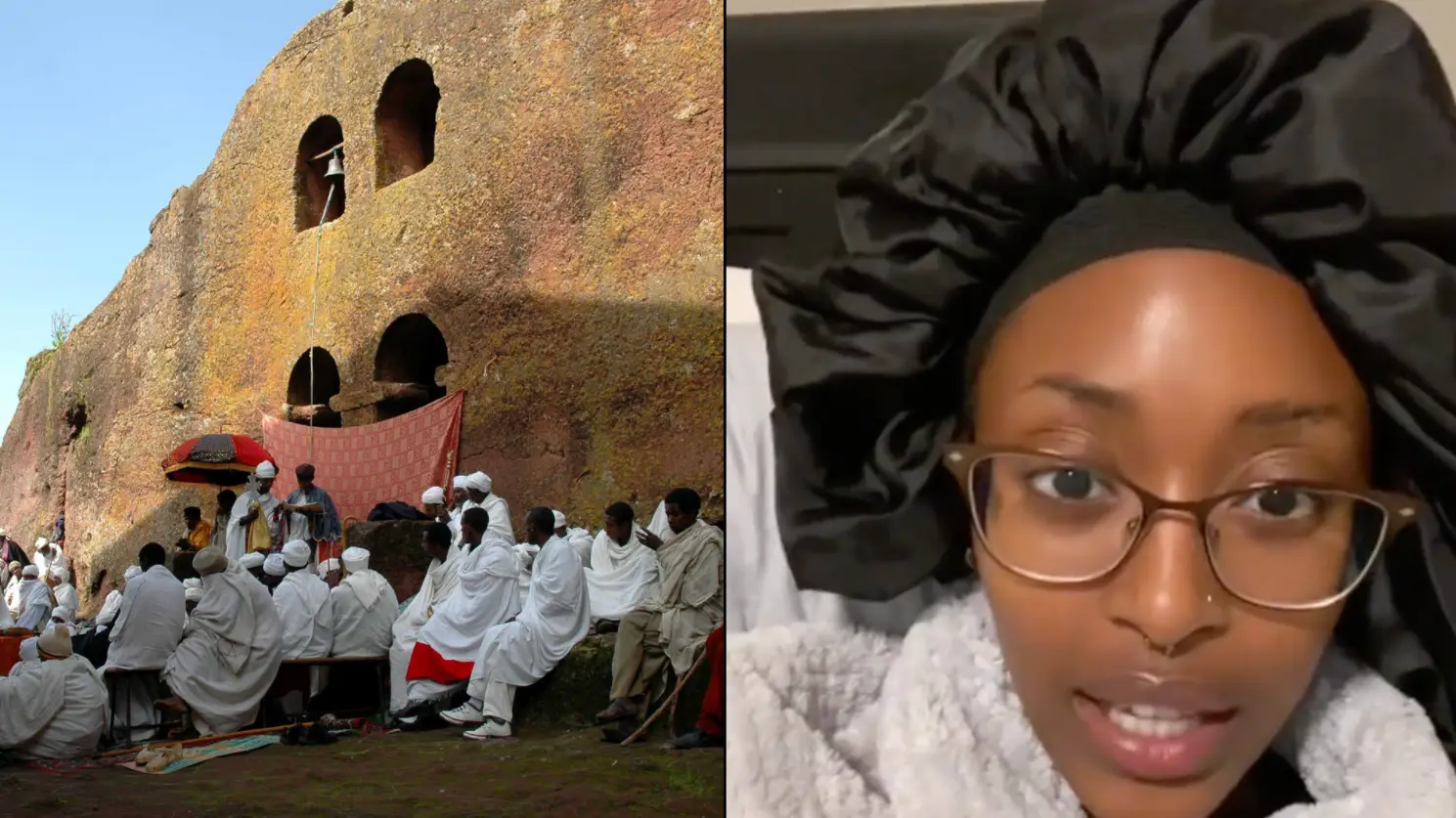
People are feeling 'creeped out' after learning that Ethiopia is 'seven years behind' the rest of us. Allow this TikToker to explain:
As you may have realised, we are living in a world of unpredictable chaos and randomness; but as humans, we do our level best to establish some kind of structure and order.
A key way in which we've done this is through clocks and calendars, which allow us to plan and look forwards and backwards.
Advert
And while to most of us it is hard to think of the present day as anything other than a Wednesday in March 2022, there is nothing inherently real about this, as such. Indeed, in Ethiopia, it isn't 2022 at all.
As TikToker @The1Kevine recently explained: "Ethiopia is behind like seven years. They have their own calendar, they have their own date."
She said she thought it was 'mad weird' when she made the discovery, and it seems she wasn't the only one, as the video has racked up 1.6 million views.
So, how and why exactly are they behind us over in Ethiopia?
Well, they have 13 months on their calendar, and they have no cause for rhymes and memory tricks to work out how many days are in each month, either.
That's because all of them have 30 days, with the exception of the 13th month called Pagume, which has either five or six days - again, dependent on whether it is a leap year.
This means they are between seven and eight years behind the rest of us, with 2014 getting under way last September.
This is another difference you see - Ethiopians celebrate the beginning of a new year on 11 September, or 12 September if it is a leap year, the BBC has explained.
So, the people of Ethiopia – officially at least – only celebrated the turn of the millennium on 11 September 2007.
It also means that while the country has many public holidays that would be recognisable to others around the world, they are often celebrated on different days because of this different calendar.
It began around 1500 or so years back when the Catholic Church decided to amend the calculation of the birth of Jesus Christ.
They set that back at around 500AD – 525AD, but the Ethiopian Orthodox Church didn't, which is why they remain different to this day.
What's more, many Ethiopians have a different way of keeping time throughout each day, too.
They have two cycles of 12 hours marked at either end, like we do; the only difference is that their cycles start and end at our six o' clock, meaning that if you're ever arranging to meet an Ethiopian who keeps this time, you should just add six hours and show up then.
It sounds confusing, but so would our methods of time-keeping to anyone who was unfamiliar with them, I suppose.